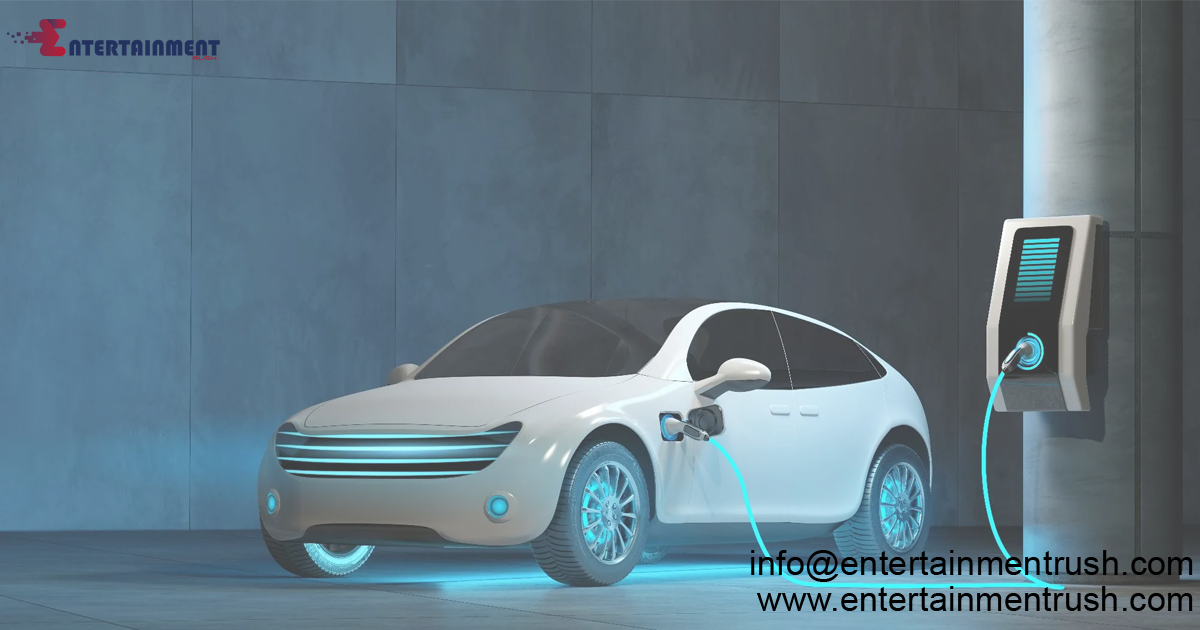Electric vehicles (EVs) have rapidly gained traction in recent years, with technological advancements and environmental concerns driving the shift towards cleaner transportation options. As the automotive industry undergoes a paradigm shift, the future of EVs in the United States holds immense potential and presents a myriad of opportunities and challenges. In this comprehensive exploration, we delve into the various facets shaping the future of electric vehicles in the U.S.
Government Initiatives and Policy Framework
The role of government initiatives and policy frameworks in shaping the trajectory of electric vehicles cannot be overstated. From tax incentives and rebates to stringent emissions regulations, policymakers play a crucial role in incentivizing the adoption of EVs and promoting sustainable transportation solutions. As the U.S. government continues to prioritize environmental sustainability and decarbonization efforts, the future of electric vehicles hinges on robust policy support and strategic investments in infrastructure development.
Infrastructure Development and Charging Networks
A critical component of the electric vehicle ecosystem is the development of robust charging infrastructure and networks. As EV adoption rates soar, the demand for charging stations continues to escalate, necessitating significant investments in charging infrastructure deployment. The expansion of fast-charging networks and the integration of smart grid technologies are essential to addressing range anxiety and facilitating widespread EV adoption. Moreover, public-private partnerships and innovative financing mechanisms are vital for accelerating the deployment of charging infrastructure and enhancing accessibility for EV owners across the country.
Technological Advancements and Innovation
Technological advancements and innovation lie at the heart of the electric vehicle revolution, driving continuous improvements in battery technology, range, and performance. From lithium-ion batteries to solid-state batteries and beyond, ongoing research and development efforts aim to overcome key challenges such as cost, energy density, and charging times. Moreover, advancements in electric drivetrain technology, vehicle-to-grid (V2G) integration, and autonomous driving capabilities are poised to redefine the future of mobility and revolutionize the automotive industry.
Market Dynamics and Consumer Preferences
The dynamics of the electric vehicle market are influenced by a myriad of factors, including consumer preferences, economic considerations, and market dynamics. As EVs become increasingly affordable and accessible, consumer interest in electric vehicles continues to surge, fueled by environmental consciousness and the allure of cutting-edge technology. However, barriers such as limited model availability, range anxiety, and charging infrastructure constraints persist, underscoring the importance of addressing these challenges to unlock the full potential of the electric vehicle market.
Industry Collaboration and Partnerships
Collaboration and partnerships within the automotive industry are vital for driving innovation, accelerating market adoption, and addressing common challenges. From automakers and technology companies to utilities and infrastructure providers, stakeholders across the electric vehicle ecosystem must collaborate effectively to overcome barriers and capitalize on emerging opportunities. Joint ventures, strategic alliances, and research consortia play a pivotal role in fostering innovation, sharing best practices, and fostering synergies to propel the electric vehicle industry forward.
Environmental Impacts and Sustainability
The transition to electric vehicles holds significant promise for reducing greenhouse gas emissions, mitigating air pollution, and combating climate change. By displacing conventional internal combustion engine vehicles with cleaner, zero-emission alternatives, EVs have the potential to usher in a new era of sustainable transportation. However, the environmental benefits of electric vehicles are contingent upon factors such as the source of electricity generation, battery manufacturing processes, and end-of-life disposal practices. Sustainable lifecycle management practices and holistic approaches to environmental stewardship are essential for maximizing the environmental benefits of electric vehicles and ensuring a sustainable future for generations to come.
Economic Opportunities and Job Creation
The burgeoning electric vehicle industry presents vast economic opportunities and job creation potential, driving innovation, and fostering economic growth. From manufacturing and supply chain operations to research and development, the electrification of transportation catalyzes new investments, spurs technological innovation, and creates high-quality jobs across various sectors. Moreover, the transition to electric vehicles stimulates demand for skilled labor, accelerates the development of green industries, and positions the United States as a global leader in sustainable transportation solutions.
Navigating the Road Ahead
As the United States charts a course toward a sustainable and electrified future, the future of electric vehicles holds immense promise and potential. By leveraging government support, advancing technological innovation, and fostering industry collaboration, the electric vehicle industry can overcome barriers and capitalize on emerging opportunities. However, navigating the road ahead requires a concerted effort from stakeholders across the electric vehicle ecosystem to address challenges, seize opportunities, and drive the transition toward a cleaner, greener, and more sustainable transportation future.




Leave feedback about this